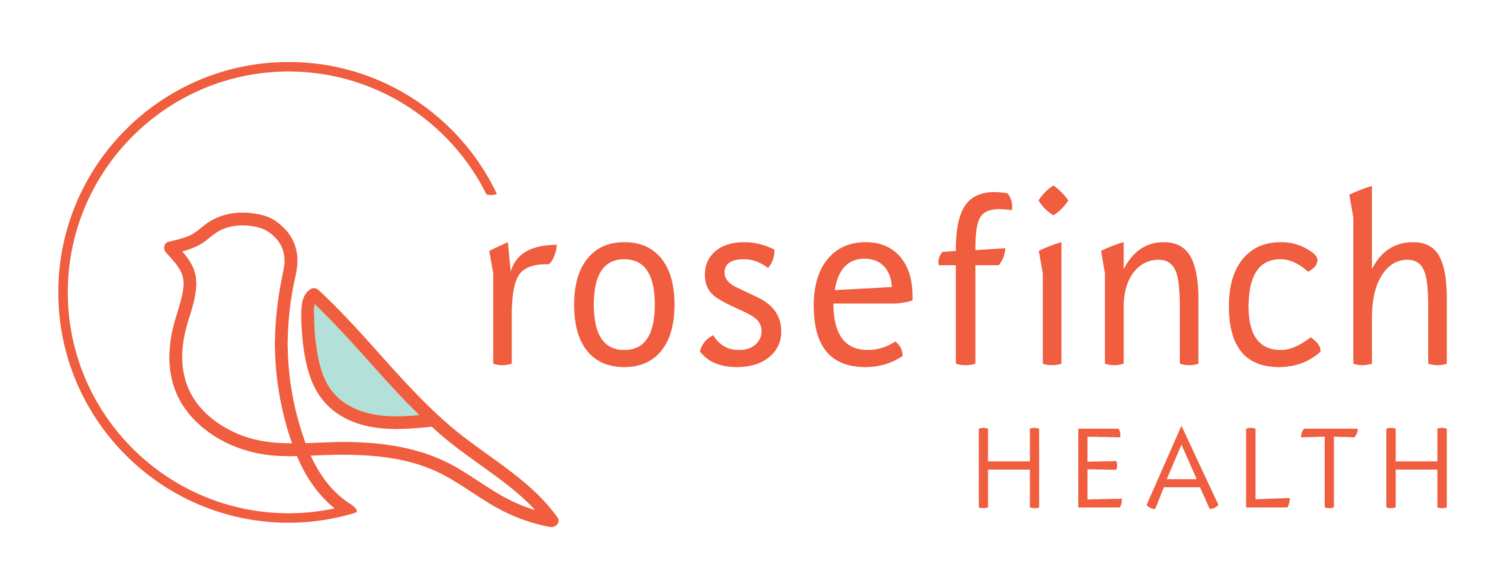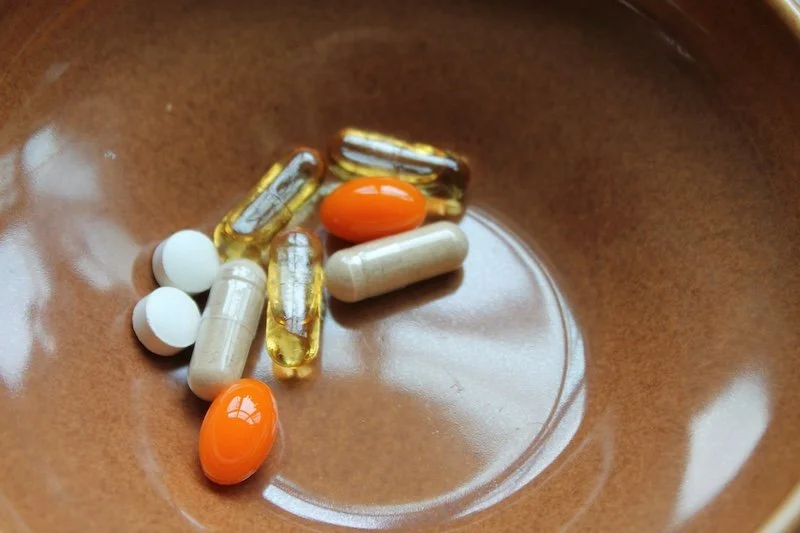Can Antioxidants Like CoQ10 Really Help with Fertility?
If you're struggling with infertility or undergoing fertility treatment, you've probably heard about antioxidant supplements—especially Coenzyme Q10 (CoQ10). But recent groundbreaking research suggests the relationship between antioxidants and fertility is more complicated than "more is better." In fact, taking too much could actually harm your chances of conception.
CoQ10 for Fertility Shows Promise
CoQ10 has emerged as one of the most popular supplements for women trying to conceive, and for good reason. This naturally occurring compound plays two critical roles in your cells: it helps produce energy in your mitochondria (your cells' power plants) and acts as a powerful antioxidant that protects against cellular damage.
A comprehensive review published in Frontiers in Cell and Developmental Biology confirms that CoQ10 can significantly benefit female fertility by:
Improving egg quality and maturation rates
Enhancing mitochondrial function in eggs
Reducing oxidative stress damage to DNA
Increasing the number of eggs retrieved during IVF
Improving embryo quality and pregnancy rates
Clinical studies show that women with diminished ovarian reserve who took 600 mg of CoQ10 daily for 60 days experienced better ovarian response, more retrieved eggs, and higher-quality embryos during IVF cycles.
Too much of a good thing: when antioxidants become harmful
However, a striking new study in F&S Science reveals a concerning finding: high doses of common antioxidants—including CoQ10, vitamin C, zinc, and folate—can actually damage sperm DNA and reduce fertility in healthy individuals.
The research discovered that in healthy mice, high doses of these supplements caused:
Severe DNA fragmentation in sperm
Increased oxidative damage despite being "antioxidants"
Lower pregnancy rates (31% vs. 63% in controls)
Disrupted cellular balance, creating what scientists call "reductive stress"
Most alarmingly, carnitine at doses commonly found in fertility supplements caused the most dramatic DNA damage and decreased fertility outcomes.
Understanding the Antioxidant Paradox
How can antioxidants both help and harm fertility? The answer lies in balance. Your body needs a certain level of reactive oxygen species (ROS) for normal cellular signaling. Too much causes oxidative stress—but too little creates reductive stress, which is equally damaging.
The study found that antioxidants had opposite effects depending on the individual's baseline oxidative stress:
In oxidatively stressed individuals: High-dose antioxidants were protective and improved fertility
In healthy individuals: The same doses disrupted normal cellular function and damaged reproductive cells
What This Means for Your Fertility Journey
The key takeaway isn't to avoid antioxidants—it's to use them appropriately based on your individual needs.
Evidence-Based Dosing Recommendations:
For women with normal ovarian reserve undergoing IVF:
CoQ10: 200 mg daily for 30-35 days before ovarian stimulation
For women with diminished ovarian reserve:
CoQ10: 600 mg daily for 60 days before treatment
For women over 35 or with premature ovarian aging:
CoQ10: 200 mg daily for 90 days (may be combined with other therapies)
Important safety note: While the safe upper limit for CoQ10 is 1,200 mg daily, most people don't need doses this high. Taking more than necessary may not provide additional benefits and could potentially cause harm.
The Market Analysis: Are You Taking Too Much?
The research team analyzed commercially available fertility supplements and found alarming results:
97% of male fertility products contained at least one ingredient above the lowest beneficial dose
88% had two or more ingredients at elevated levels
Over 32% included high doses of all four micronutrients studied
Many supplements contain arbitrary combinations of ingredients without scientific rationale for the specific doses or combinations used.
Smart Steps for Supplement Use
Get tested first: If possible, ask your fertility specialist about oxidative stress testing before starting antioxidant supplements
Consider your risk factors: Smoking, obesity, advanced age, PCOS, and endometriosis may indicate higher oxidative stress
Choose evidence-based doses: Stick to clinically studied dosages rather than mega-dose formulations
Look for quality: Select supplements with third-party testing and transparent ingredient sourcing
Combine thoughtfully: If combining CoQ10 with other antioxidants like vitamin E or melatonin, discuss appropriate dosing with your doctor
The Bottom Line
CoQ10 and other antioxidants can genuinely improve fertility outcomes—particularly for women with diminished ovarian reserve, advanced age, or conditions like PCOS. However, the "more is better" approach to supplementation can backfire.
The most important message from this research: personalized medicine matters. What works for one person may not work—or could even harm—another. Before starting any supplement regimen, discuss your individual situation with a reproductive medicine specialist who can help you determine if antioxidant supplementation is right for you and at what dose.
Your fertility journey is unique, and your supplement strategy should be too.
Want more information as to which supplement strategy is right for you? Contact us with questions.


